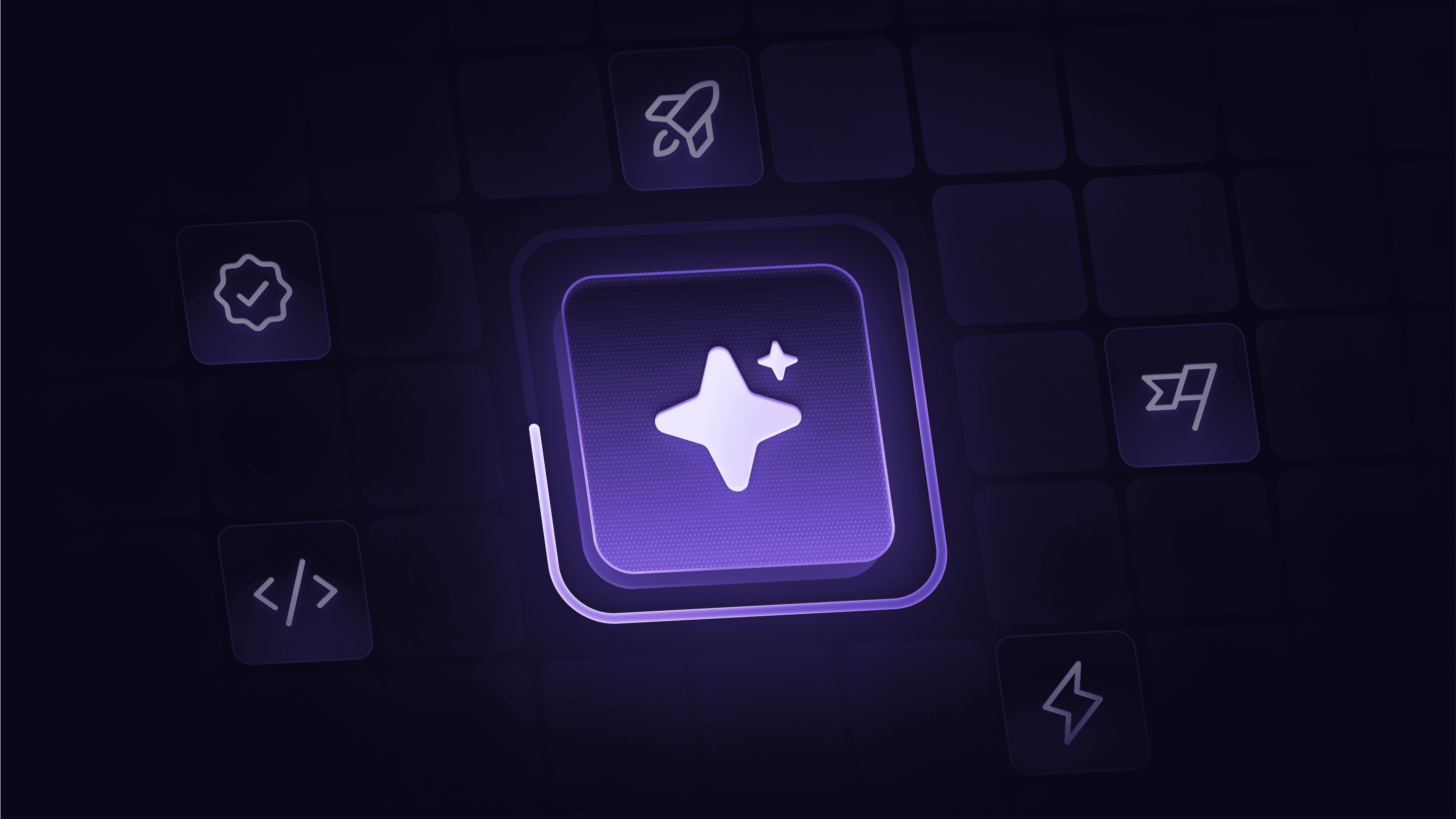As a platform integrator, we get a unique look at the tools our customers adopt every day. Of all the shifts I’ve seen, none has been as rapid as the adoption of coding assistants. The conversation has quickly gone from ‘is this tool really going to drive value?’ to ‘how quickly can we roll this out?’
No one can doubt the immense value these tools provide in shipping code faster. Yet, as more code starts getting written with AI, I’ve seen a new set of problems emerge for engineering leaders.
What we've found is that while AI accelerates code creation, it introduces a new set of challenges that can quietly undermine engineering quality. We’ve seen customers experience huge spikes in MTTR right after adopting AI tooling, even as their PR throughput doubled. On the surface, engineers are shipping more, but customers are the ones feeling the pain. Leaders are spending millions of dollars on these tools and genuinely struggling to understand if engineers are adopting them, let alone measure the true impact on productivity.
A "shift left" culture is now a requirement
Many of the engineering leaders we work with are already believers in a "shift left" culture, where developers take on more ownership for the reliability, security, and operational maturity of their services. It’s a move away from siloed teams and reactive fixes, and toward a world where quality is built in from the start.
This doesn’t mean teams should pause adoption of AI. We’re huge advocates for shipping with AI here at Cortex. But the truth is that AI coding assistants make the shift-left philosophy even more urgent. An AI can write a service, but it can’t own it. It won’t think about production readiness or on-call rotations. It’s no longer enough to assume engineers will naturally think about these things. Organizations now need systems and guardrails that enforce those standards, no matter how the code is written.
In other words, the cultural ideal of "shift left" must now become an operational reality.
How Cortex provides the guardrails for AI
We’re laser-focused on solving the challenge of embracing the speed of AI without sacrificing the engineering standards that keep your products reliable and secure? When an engineer can spin up a new service in minutes with a prompt, how do you ensure it meets your production readiness standards? When code is generated automatically, how do you track ownership and ensure quality?
This is where Cortex MCP becomes essential. By providing a single pane of glass over your entire engineering ecosystem, Cortex gives you the operational guardrails needed to embrace AI with confidence.
Solve for quality drift with Scorecards that enforce production readiness standards for all services, no matter who—or what—wrote the code.
Eliminate operational blind spots by ensuring every service, including those generated by AI, has clear ownership and context in your catalog.
Maintain strategic oversight by asking plain-language questions about how AI-generated services are performing against your standards.
AI coding assistants are here to stay and will only become more powerful. But as they reshape how software is written, they also reshape how we need to think about operational maturity. The organizations that succeed will be those that adopt a platform that ensures AI accelerates development without compromising the quality of what runs in production.
At Cortex, we are proud to have helped some of the world's most important enterprises, like Shell and Skyscanner, enforce AI governance and track impact. We would love to show you how we can help your engineering team ship high-quality code faster.
Sign up for a demo, or email me personally at anish@cortex.io if you have questions.



